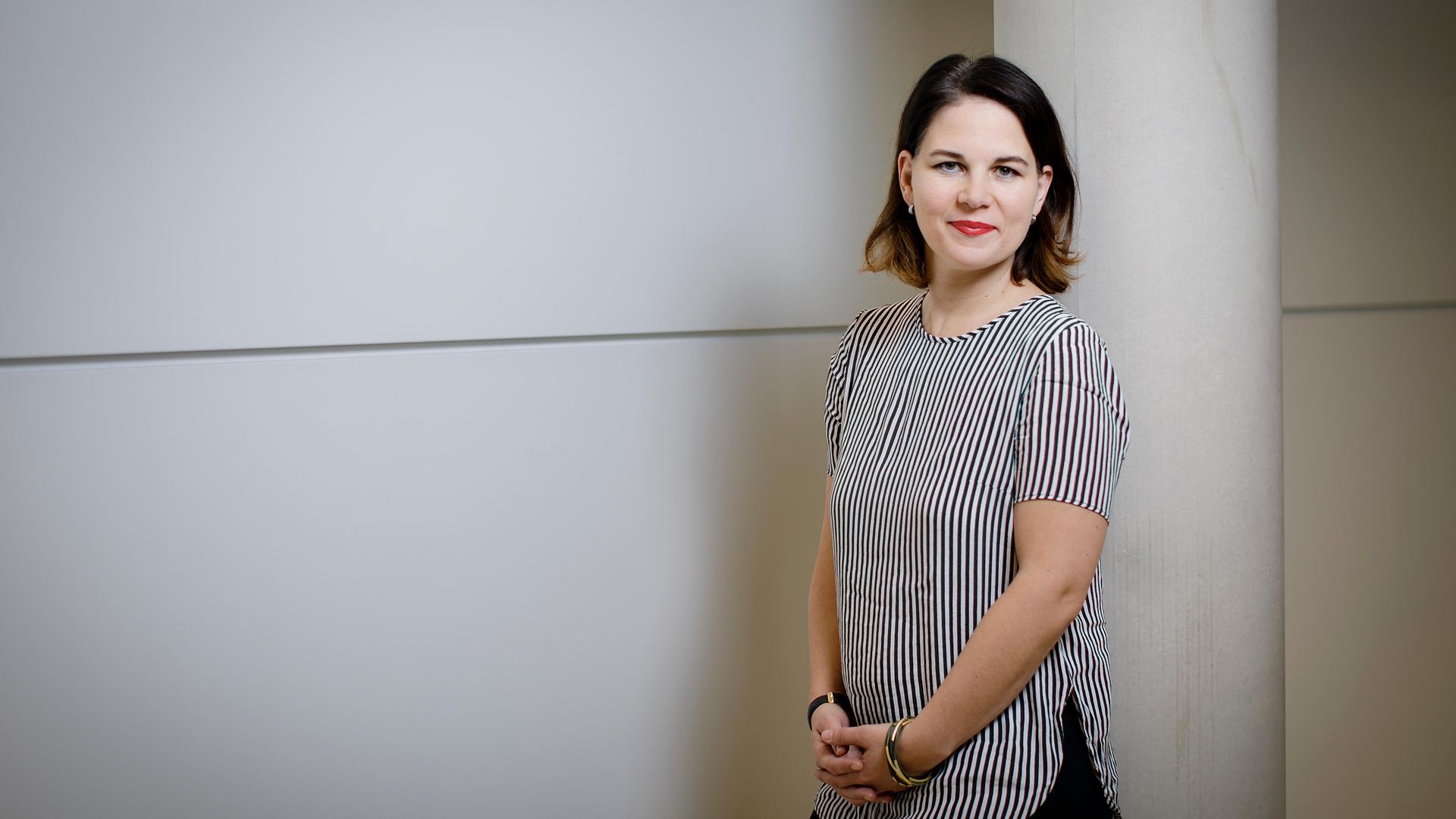
Tanit Koch on how the ruling German elite do not have the same upbringing as politicians in the UK
If I had to choose just one word to praise the EU, it would be this: Erasmus.
These academic exchanges are a beautifully efficient way to achieve cross-border friendship and mutual understanding. Because, yes, foreign languages are learned best with booze – or in the bed of a native.
So I hope our universities manage to create as many bilateral exchange programs with yours as possible. Because without Brits, a student party is only half as drunk.
My Erasmus year in the late 1990s took me to a Grand École in Paris, commonly known as Sciences Po. I remember a third year student giving me a newbie tour of the college grounds in St Germain. In the library he pointed to the back of the room: “That’s where Jacques Chirac met his Bernadette for the first time.” Typically French, to go for the romantic angle of future-président meeting future-première dame. A German would have simply said: “Five post-war presidents studied in this room.” Since then, Emmanuel Macron has made the tally rise to six. Out of eight.
For German ears this is a bewildering figure, but you are probably unimpressed – because of your own statistics. By way of reminder: Every prime minister since 1940 who attended university studied at Oxford, with Gordon Brown the sole exception. (He attended Edinburgh University). In all, 28 PMs out of 55 were educated there, plus 14 at Cambridge. There’s a whole Wikipedia page dedicated to their schools and colleges. Scarily fascinating! How did the remaining ones ever get through the front door of Number 10?
These differences have obvious historical roots: Unlike France and the UK, the German Reich from 1871 didn’t have much time to establish national go-to-places for influential families’ offspring before Herr Hitler crushed old elites for good.
And to this day, there are no educational plantations to sprout Bundeskanzler. No, our chancellors grow wild. Ask people in the street – there’s little to no chance they will know where Angela Merkel (Leipzig), Gerhard Schröder (Göttingen), Helmut Kohl (Heidelberg) or any of their predecessors got their degree. The Green party front-woman, Annalena Baerbock, comes closest to an Elite-Universität: she got a Master’s at your very own London School of Economics.
The educational background of politicians here isn’t really discussed (unless they plagiarised their doctorate thesis). Least of all can anyone name the schools German chancellors went to. There’s no Eton (20 PMs), Harrow (seven) or Winchester (six).
Of course we have posh and/or excellent educational institutions, but their political turn-out is non-traceable. Attending a regular no-fee state school followed by a tiny-fee state university can get you pretty much anywhere.
At least it used to be that way, and not only for the political class. Many CEOs of Dax-companies, such as BASF, BMW or Infineon, studied in unpretentious places like Karlsruhe, Aachen or Darmstadt – because apparently some of the world’s finest science and engineering faculties are located there. Others, like the head of Deutsche Bank, didn’t attend university but completed a so-called dual education program, working and studying part-time for a degree. Not unusual at all.
Don’t get me wrong: the German education system is far from flawless. And because of it, private schools have become increasingly popular, especially in large cities. And for the last year, the pandemic has done a very efficient job in deepening already existing class divides between kids growing up with a piano and a bookshelf and those without.
But despite these trends, political representation here still doesn’t depend on a select few. A German Bullingdon Club? It doesn’t exist. Student fraternities in traditional university towns such as Heidelberg, Bonn or Tübingen may come close to the blood alcohol level, but their networking and camaraderie doesn’t have the influence. Certainly not in political terms.
Is there a downside to this mostly egalitarian system? There is: you do sometimes detect a distrust of anything elite-like, even if it comes by merit and not by birth. But that’s actually good news for your country: English (and Irish) boarding schools are in high-demand by little Krauts. It’s not Erasmus, but it’s another way to keep up the freundship.
What do you think? Have your say on this and more by emailing letters@theneweuropean.co.uk











